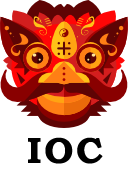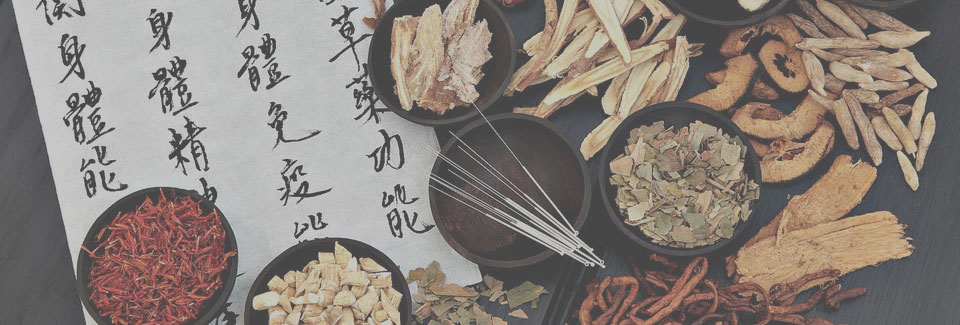Overview of Course Structure & Learning Goals
Introductory two years (bachelors program): directed towards skills with which the student can work independently on self-knowledge, nature knowledge and basic philosophical, ethical, historical, biological, anatomical and physiological studies. This part is the same for all the students in all three directions. It contains elements of Qigong healing, Taiji martial arts and alchemical studies. The introductory year is a necessity to lay a theoretical and practical foundation to use in the rest of the program.
Next to this for Qigong acupuncturist and masseur and/or qigong or taiji teacher and/or psychologist and/or Qigong body-mind therapist: the development of relevant medical knowledge, psychological insights and traditional Chinese insights to root this study in a sound theoretical background. Practical teaching skills and Qigong massage applications. Additional to this there will be reading material and extra classes to get acquainted with comparative lines of thought from western medical and psychological schools. Parallel to the study of Chinese sciences are western academic developments as grounded in social and culture studies to help the student develop insight into the relations between its profession and the creative reality of everyday life and clinical application. For Taiji teacher we learn from the basic skills types of specific Taiji martial Arts from the Wudang Daoïst school and other methods are trained both in a form and application level. This practical training is complemented with theoretical foundation on Physiotherapeutic level and basics of medicine theory.
For Yi Jing and Daoist philosophy 2 years in depth studies (4 modules a year)
For Qigong and Herbal Medicine therapist and Hermetic Alchemy studies (2 years): Here medical and basic psychological theory are combined with herbal medicine and formula studies, alchemical theory, TCM pharmacy skills and so on.
Esoteric - Doctorate training
We recognize that Chinese medicine is part of an ancient tradition, which also comprise a system of spiritual development. Traditionally this is given on the basis of individual guidance and not as group teaching, although this does occur for parts of the instruction. Spiritual development could be part of the teaching curriculum but should be left at the choice of the student. After the first four years of study students can apply for this individualized course of which the content is based on Daoïst mystical practices of Shangxing tradition. in the doctorate program the student develops both its professional skill as well as her or his personal relationship with the profession into proper mastery. the doctorate program is free of charge, except for particular modules one chooses to follow to deepen the study. Part of the program is working as an assistant teacher and independent teacher in exchange for the individual training. Doctorate specialization makes it possible to teach at educational institutes worldwide. the Oriental College is the only Chinese medicine institute outside China providing this service to its students.
Examination will be held regularly. Some modules will be examined in practice, some in writing a paper and some in theoretical questions. Examinations can be done for every module the student has participated in.
Every module can be attended a second time free of charge when invited to do so, to deepen knowledge.
Professional capacity is being tested at the end of the BA and MA program through a practical and theoretical testing and the writing of a concluding thesis of 40 pages minimum. This will lead to a certification designating the level of practice, the subjects in which the students excel. For every student it will be determined what he or she can teach or not teach, so the quality of the material will be safeguarded. At later dates students can re-apply for exams to upgrade their certification level. the examinations are monitored by the Accreditation Council of Academic Excellence and a varying group of academic specialists.
Apprenticeship is obligatory. Apprenticeship is minimum 2000 hours as stipulated by the World Health Organization. We make no difference between medical workers and non medical workers from previous training. Research shows in many countries that medical workers make more mistakes in practice when applying Chinese Medicines. They also generally learn more slowly due to ideological coloredness from previous studies. These things often show in practice.
From the third year onwards after graduating for the first certificate the students steps into our guild system. Every month a report has to be written and send to the mentor in charge. That mentor will be required to be present in classes if difficulties are experienced or to be available for discussing these topics. Independent practice is only done after graduation as a warranty to clients that the masseur is bona fide. After graduation from the Master level continuous professional development and learning is required as is yearly mentoring to monitor personal cultivation and application in work.
Finals and tests
Final tests come always in four parts: Theoretical test through, verbal testing, paper and practical exams. Within the practical test we look at form, power, substance and construction of body, mental power and energy.

